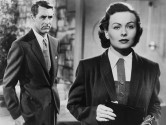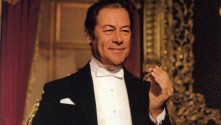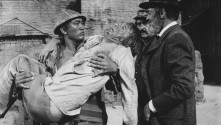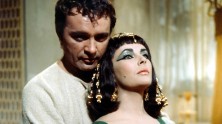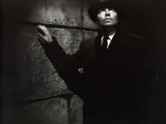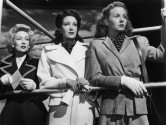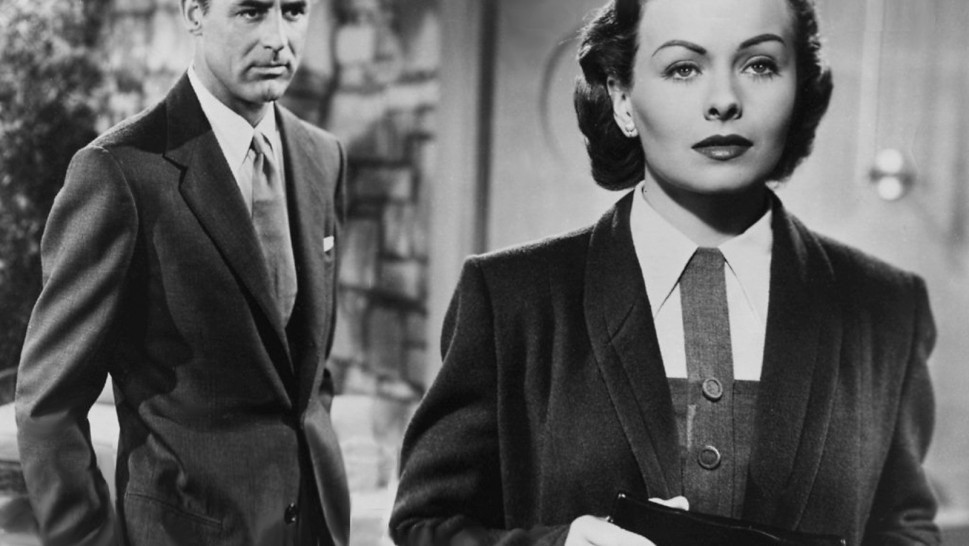
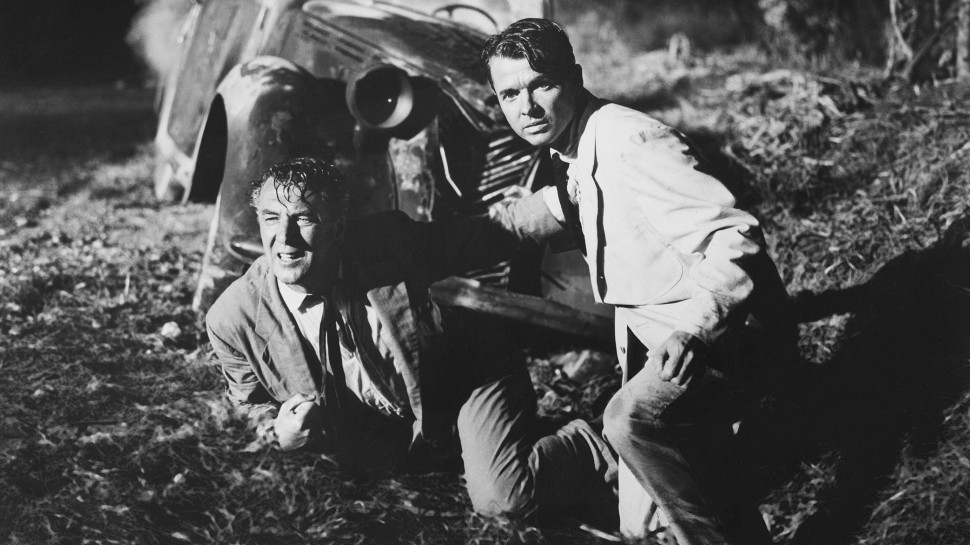
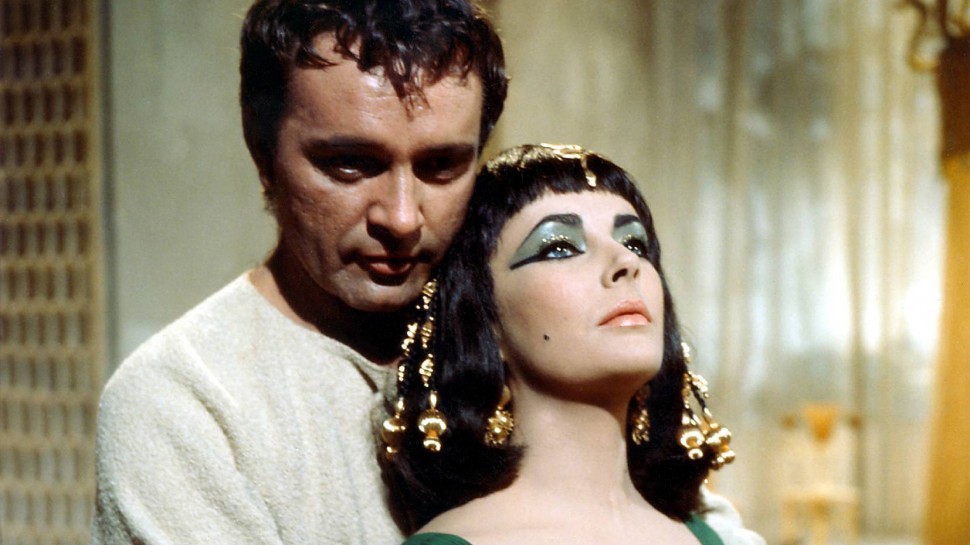
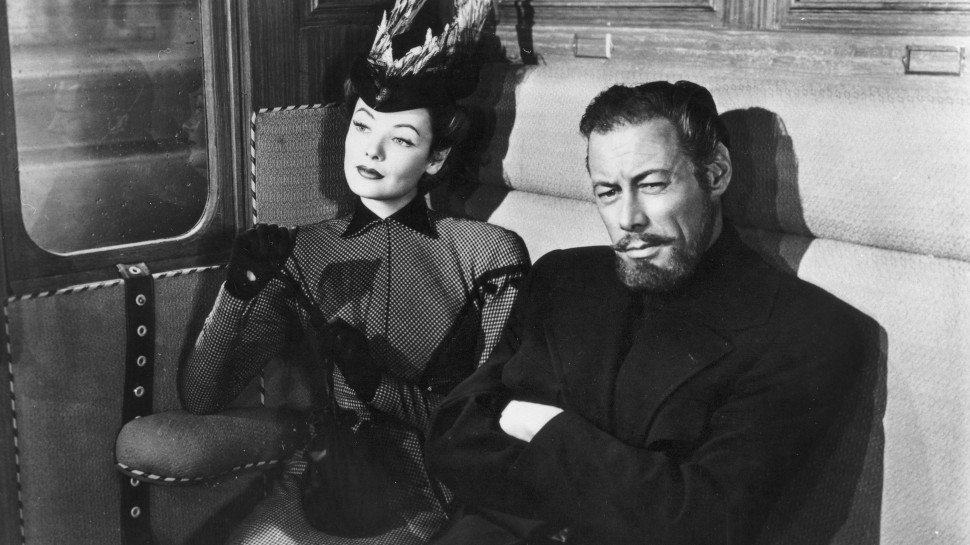
The Complete Joseph L. Mankiewicz
The brilliant films and career of Joseph L. Mankiewicz (1909-1993) have long occupied a paradoxical and stubbornly unclassifiable place in the history of the American cinema. In many ways Mankiewicz's immeasurable talents as both screenwriter and director seem to be neatly summarized in All About Eve, the dazzling and trenchant satire of stardom and celebrity Darwinism that remains his disproportionately best known work. Certainly, Eve's sophisticated and jaundiced screenplay epitomizes Mankiewicz's seasoned distrust of Hollywood and his fervently countercurrent belief in the popular cinema's untapped ability to intellectually engage and cultivate an intelligent audience. All About Eve also crystallizes one of Mankiewicz's perennial themes – the theater as a mirror game of real life in which human identity is revealed to be mercurially instable, an illusion founded in role-playing and disguise. The indelible trio of Eve Harrington, Margo Channing and Addison de Wit further exemplify Mankiewicz's attraction to larger-than-life personalities – and, above all, to strong heroines – whose richly nuanced psychological motivations defined complexly three-dimensional characters where others would have crafted mere caricatures.
Yet, the full range of Mankiewicz's innovative artistic vision went far beyond his iconic Broadway cautionary tale to span a long and impressively diverse career successfully mastering a wide variety of different genres – from the dark, gothic melodrama of Suddenly, Last Summer and Dragonwyck, to the historical costume epic of Cleopatra, the nostalgic period comedy of The Late George Apley, the stylish musical of Guys and Dolls and the espionage thriller of 5 Fingers. Uniting the remarkable diversity of his oeuvre was Mankiewicz's enduring fascination with the past – be it the historical past of Cleopatra's ancient Egypt and Julius Caesar's Rome, or George Apley's turn-of-the-century Boston, or the subjective past explored repeatedly through the modernist and often highly self-conscious flashback narration that became one of Mankiewicz's signature stylistic devices. Starting as a director when he was an established thirty-seven-year-old Hollywood insider, Mankiewicz's films are also tinged with a nostalgia for the past of sound cinema's early years, a period that saw the brief efflorescence of the dialogue-driven and intellectually sophisticated mode of cinema that his own films would fiercely champion.
Born in Pennsylvania to a family of German émigré academics, the Manhattan-raised and Columbia-educated Mankiewicz received his first practical training in cinema at Germany's UFA studios, writing titles for silent films, before he was beckoned to Hollywood by his older brother, the then wildly successful screenwriter Herman J. Mankiewicz. Young Joseph Leo's apprenticeship in the Hollywood studio system saw him quickly recognized as a wunderkind screenwriter, launched to fame by the first of his many Oscar nominations at the tender age of twenty-one. Soon after, Mankiewicz was recruited by Louis B. Mayer to work as producer under the legendary Irving Thalberg, a promotion that led to a decade shaping and overseeing such iconic works as Fritz Lang's Fury, The Philadelphia Story and the first Tracy-Hepburn pairing, Woman of the Year. Mankiewicz's biggest career move was launched rather unexpectedly in 1946 by an abrupt invitation from his hero and mentor Ernest Lubitsch suggesting Mankiewicz take over direction of Dragonwyck. For the next eight years Mankiewicz flourished at Fox and under head of production Darryl F. Zanuck, efficiently directing an impressive eleven films – many of whose screenplays he also wrote. Mankiewicz's ascent as an A-list auteur culminated with his back-to-back director and screenwriter Oscars for both A Letter to Three Wives and, the very next year, All About Eve, an astonishing feat that will most likely never be repeated.
Mankiewicz's departure from Hollywood as an independent director and founder of his own production company, Figaro, was partially inspired by his disgust at the conservative turn of the studios and the Red baiting tactics that he famously defied – at great risk – as President of the Screen Writer's Guild. Moving back to his home town of New York City, Mankiewicz patiently struggled to realize the series of fascinating, opulent films that defined his late career, proto-art films such as The Barefoot Contessa and The Honey Pot and his two pictures with Elizabeth Taylor, Suddenly, Last Summer and the ill-fated Cleopatra which together revealed Mankiewicz's love of lush theatricality increasingly leaning towards the decadent and overripe. Reclusive and famously private in his late years, Mankiewicz delivered a remarkable surprise last act with the critically acclaimed Sleuth, a summary meditation on theatricality and performance that counts among his very finest works.
The Harvard Film Archive is pleased to offer this complete retrospective of Joseph L. Mankiewicz's twenty feature films as a rare opportunity to reconsider a simultaneously foundational and iconoclastic artist of the American cinema. – Haden Guest




